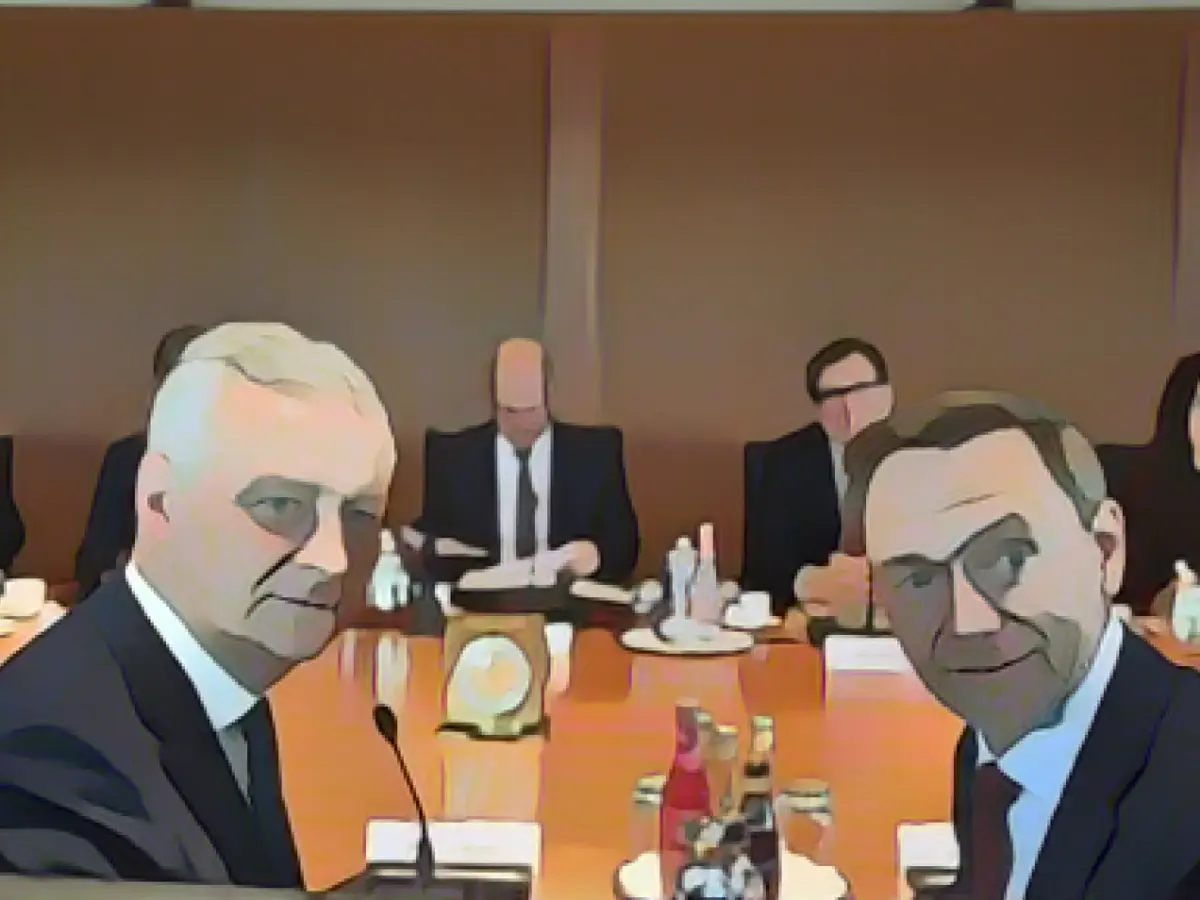Deficit rules: EU postpones decision - France confident
According to France, Germany and France have come closer together. "We have made decisive progress," emphasized Le Maire after the eight-hour round of negotiations in Brussels. The EU had actually aimed to reach an agreement by Friday.
German Finance Minister Christian Lindner (FDP) emphasized on Thursday that he had arrived with the will to reach an agreement, but that there were still differences with Paris. Although Germany and France were "90 percent" in agreement, the remaining ten percent could be "very decisive".
In November 2022, the European Commission proposed a reform of the Stability and Growth Pact in order to make the 25-year-old debt rules more flexible. Time is of the essence: without an agreement, the old rules will come back into force on January 1. The EU had suspended them during the coronavirus pandemic to allow countries to receive billions in aid for their economies.
France and southern European countries such as Italy are calling for the regulations to be as relaxed as possible in order to create room for investment. Germany, Austria and others, on the other hand, are pushing for reliable debt reduction to prevent a repeat of the euro crisis that began in 2010.
The so-called Maastricht criteria are to remain unchanged in the reform of the Stability Pact: A maximum annual new debt of three percent of gross domestic product (GDP) and a maximum total debt of 60 percent for each state. The question of how quickly member states must reduce their deficits in the event of breaches is particularly controversial.
Read also:
- This will change in December
- German activists speak out in Dubai on suffering in Israel and the Gaza Strip
- Nuclear fusion - hype or solution to energy problems?
- Budget crisis fuels debate on citizen's income - Bas warns against populism
The EU's decision to postpone an agreement on the deficit rules was met with confidence from France. Le Maire stated that significant progress had been made during the eight-hour negotiations in Brussels. Though Germany and France were almost in agreement, finishing off the remaining 10% was deemed crucial by German Finance Minister Christian Lindner. The EU had planned to reach a consensus by Friday, but the old debt rules would return into effect on January 1 if no agreement was reached. The European Commission proposed a reform of debt rules last November, aiming to make them more flexible to accommodate investment. France and southern European countries advocate for more relaxed regulations, while Germany and Austria favor strict debt reduction to avoid another euro crisis. The Maastricht criteria, including a 3% annual new debt limit and a 60% total debt cap, will remain unchanged in the Stability Pact reform. The debate on how quickly member states should reduce their deficits in case of breaches is highly contentious. The foundation stone for a potential agreement was laid in Brussels, with Christian Lindner confident that a resolution can be reached in the near future. Despite postponing the decision, Bruno Le Maire remained optimistic about reaching a satisfactory agreement in the EU.
Source: www.stern.de







